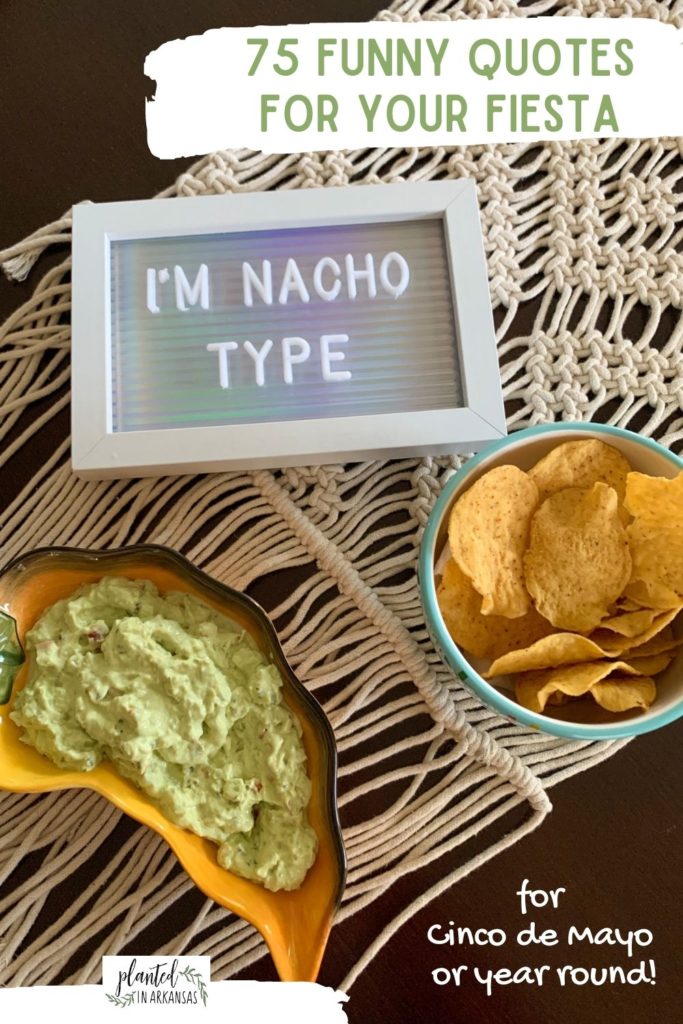How far can a joke go before it becomes a matter of national security? Jake Flores, a Brooklyn-based comedian, found himself at the center of an unusual controversy when ICE launched an investigation into his home over a series of Twitter jokes. The investigation stemmed from Flores's humorous commentary on Cinco de Mayo, cultural appropriation, and the activities of ICE agents themselves. This incident raises questions about freedom of expression and the boundaries of humor in today’s politically charged climate.
Flores’s situation is emblematic of broader societal tensions where comedy intersects with serious issues. His tweets were not merely casual musings but rather pointed observations that resonated deeply within communities concerned about immigration policies and cultural sensitivity. One tweet read, Why did the taco apply for citizenship? Because it wanted to belong somewhere. Such lighthearted quips turned out to be more than just entertainment; they sparked significant debate about how public figures should express themselves online.
| Bio Data & Personal Information | Career & Professional Information |
|---|---|
| Name: Jake Flores | Profession: Comedian, Writer |
| Date of Birth: January 15, 1987 | Notable Works: Stand-up specials, viral social media content |
| Place of Birth: Los Angeles, California | Affiliations: Various comedy clubs, digital platforms |
| Education: BA in Communications | Website: JakeFloresComedy.com |
Cinco de Mayo celebrations often bring laughter and joy, yet they also highlight complex cultural dynamics. For instance, during the festivities on May 5, 2024, The Daily Giggle featured an engaging segment exploring Mexican history while incorporating clever jokes. These comedic elements aimed to educate audiences while keeping them entertained. A popular joke from the event asked, What do you call a burrito that tells secrets? Answer: A taco confidante. Such playful banter underscores the universal appeal of humor as a bridge between cultures.
Children are natural enthusiasts when it comes to celebrating holidays like Cinco de Mayo. To cater to younger audiences, collections of kid-friendly jokes have been compiled specifically for this occasion. Titles such as A Fun and Interactive Cinco De Mayo Joke Book for Boys and Girls offer families an opportunity to enjoy wholesome entertainment together. These resources emphasize inclusivity by ensuring content remains appropriate across age groups. Parents appreciate these efforts since they provide educational value alongside amusement.
As we delve deeper into the world of Cinco de Mayo humor, another noteworthy list emerges titled A Grande List of Funny Cinco de Mayo Sayings. This compilation showcases witty wordplay centered around food-related themes. For example, one entry reads, Why don’t tacos ever get invited to parties? Because they always leave early! Such puns contribute to the festive atmosphere surrounding this special day. They serve as reminders of shared human experiences expressed through laughter.
Social media continues to amplify comedic voices globally. Cindy Fletcher Gamble contributed her own twist to Cinco de Mayo humor with a clever question posted on Instagram: What’s the shortest food served on Cinco de Mayo? Her followers responded enthusiastically, generating lively discussions around culinary traditions associated with the holiday. Similarly, TikTok user chilloutfam (@ripleelee91) captured attention with their observation, Ain’t enough Cinco de mayo jokes, y’all must be ain’t got no fucking money. Such posts reflect contemporary trends where humor acts as both a coping mechanism and a means of connection.
Among the most comprehensive compilations available today is a collection featuring 48 funny Cinco de Mayo jokes designed to celebrate May 5th fully. Margaritas, nachos, tacos, guacamole—all iconic symbols of Mexican cuisine—are celebrated through clever one-liners and knock-knock jokes. Examples include, Knock-knock. Who’s there? Tacos. Tacos who? Tacos make my heart skip a beat! These jokes resonate widely because they tap into universally understood symbols of celebration.
Returning to Jake Flores's case, his experience serves as a cautionary tale regarding the potential consequences of online humor. While many supported him for exercising free speech rights, others questioned whether certain topics might better remain untouched in public forums. Regardless of personal opinions, the episode highlights evolving norms concerning acceptable discourse in digital spaces. It challenges us all to consider carefully what messages we send via social media channels.
In conclusion, Cinco de Mayo offers ample opportunities for laughter and reflection. Whether through professional comedians' performances or grassroots contributions via social networks, humor plays a vital role in shaping cultural narratives. As society grapples with increasingly polarized views, embracing humor responsibly may prove essential in fostering mutual understanding and respect among diverse groups.



